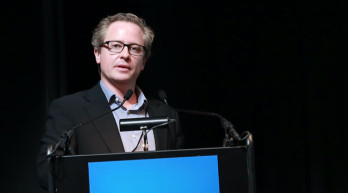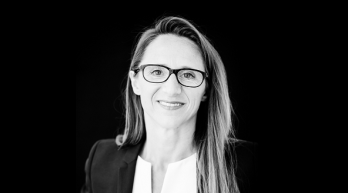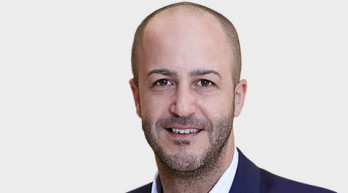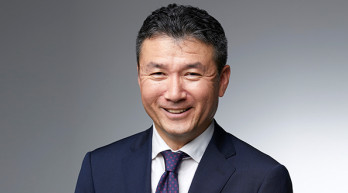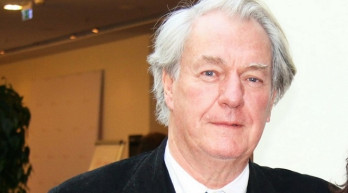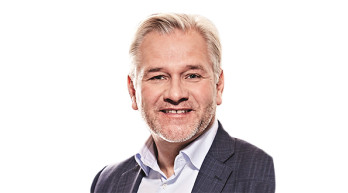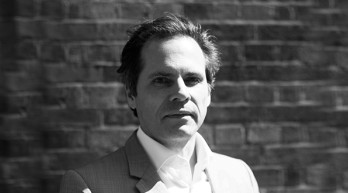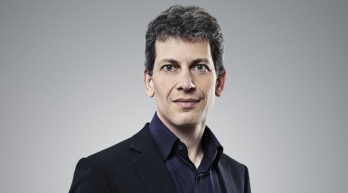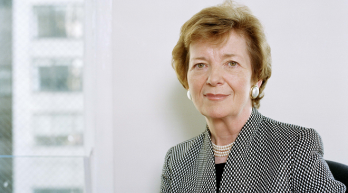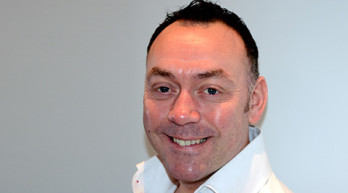
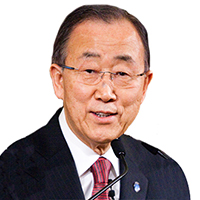 Former Secretary-General of the United Nations (2007 – 2016)
Former Secretary-General of the United Nations (2007 – 2016)
Ban Ki-moon was the eighth Secretary-General of the United Nations, serving two consecutive terms, from 1 January 2007 to 31 December 2016.
As Secretary-General, he focused on mobilizing world leaders around a set of new global challenges, from climate change and economic upheaval to pandemics and increasing pressures involving food, energy and water. He also galvanized partners from non-governmental organizations, faith groups, the business community and others active on the international stage, endeavouring to build bridges, give voice to the world’s poorest and most vulnerable people, and strengthen the United Nations.
Born in the Republic of Korea, Mr Ban’s childhood was scarred by war. Fighting forced his family to flee to the mountains. When they returned, Mr Ban learned first-hand the value of the UN’s life-saving relief aid. “That experience was a big part of what led me to pursue a career in public service,” he once said, pledging to enable the United Nations to provide tangible, meaningful results that advance peace, development and human rights.
One of the Secretary-General’s first major initiatives was the 2007 Climate Change Summit, followed by extensive diplomatic efforts that have helped put the issue at the forefront of the global agenda. He also worked to advance the world’s main anti-poverty targets, the Millennium Development Goals, with a special emphasis on Africa and women’s and children’s health.
Mr Ban pressed successfully for the creation of UN Women, a major new agency that consolidates the UN’s work in this area. Within the UN itself, he increased the number of women in senior management positions to their highest level in the Organization’s history.
Ban Ki-moon has sought to strengthen UN peace efforts, including through the New Horizons peacekeeping initiative, the Global Field Support Strategy and the Civilian Capacity Review, a package of steps to improve the impact of the 120,000 United Nations “blue helmets” operating in the world’s conflict zones. A mediation support unit, along with new capacity to carry out the Secretary-General’s good offices, have been set up to help prevent, manage and resolve tensions, conflicts and crises.
Mr Ban has sought to rejuvenate the disarmament agenda through a five-point plan, efforts to break the deadlock at the Conference on Disarmament and renewed attention to nuclear safety and security in the aftermath of the tragedy at the Fukushima Daiichi Nuclear Power Plant. He also joined others in a successful push for the adoption of the Arms Trade Treaty, regulating the international trade in conventional arms.
Ban Ki-moon was born in the Republic of Korea on 13 June 1944. He received a bachelor’s degree in international relations from Seoul National University in 1970. In 1985, he earned a master’s degree in public administration from the Kennedy School of Government at Harvard University.
At the time of his election as Secretary-General, Mr Ban was his country’s Minister of Foreign Affairs and Trade. His 37 years of service with the Ministry included postings in New Delhi, Washington D.C. and Vienna, and responsibility for a variety of portfolios, including Foreign Policy Adviser to the President, Chief National Security Adviser to the President, Deputy Minister for Policy Planning and Director-General of American Affairs.
Ban Ki-moon and his wife, Madam Yoo (Ban) Soon-taek, whom he met in high school in 1962, have one son, two daughters and three grandchildren.
